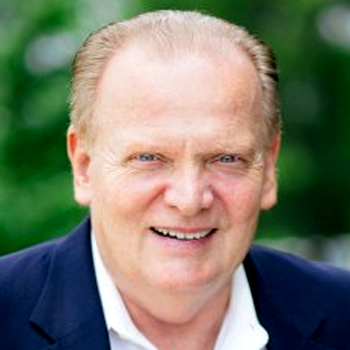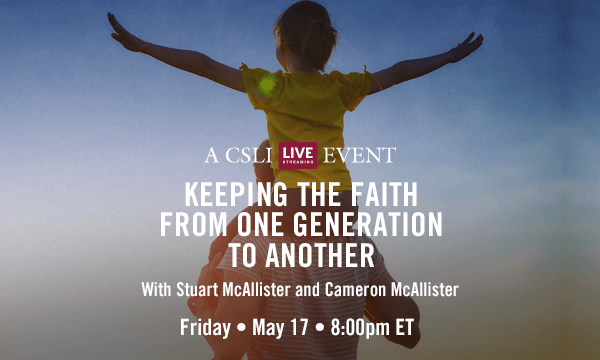Back to series



Chronological Snobbery and the Problem of Evil
(Chapters 3 & 4)
C.S. Lewis had to overcome both of these intellectual issues before he could come to faith. The first was chronological snobbery—that beliefs from past times are necessarily untrue or at least dubious. Owen Barfield taught him to ask: Has a past belief been proved to be untrue? If so, where and how conclusively? The problem of evil had haunted him from the days of secondary school classes. Lucretius’ lines echoed Lewis’ doubts: “Had God designed the world it would not be, a world so frail and faulty as we see.” His answers are clear, concise, and memorable.
This resource is part of a series on C.S. LEWIS’ CASE FOR CHRIST. Click here to listen to the full series.

Arthur W. Lindsley
Senior Fellow for Apologetics, CSLI Arthur W. Lindsley is the Vice President of Theological Initiatives at the Institute for Faith, Works, & Economics. He has served at the C.S. Lewis Institute since 1987 both as President until 1998 and currently as Senior Fellows for Apologetics. Formerly, he was director of Educational Ministries at the Ligonier Valley Study Center, and Staff Specialist with the Coalition for Christian Outreach. He is the author of C.S. Lewis's Case for Christ, True Truth, Love: The Ultimate Apologetic, and co-author with R.C. Sproul and John Gerstner of Classical Apologetics, and has written numerous articles on theology, apologetics, C.S. Lewis, and the lives and works of many other authors and teachers. Art earned his M.Div. from Pittsburgh Theological Seminary and a Ph.D. in Religious Studies from the University of Pittsburgh. COPYRIGHT: This publication is published by C.S. Lewis Institute; 8001 Braddock Road, Suite 301; Springfield, VA 22151. Portions of the publication may be reproduced for noncommercial, local church or ministry use without prior permission. Electronic copies of the PDF files may be duplicated and transmitted via e-mail for personal and church use. Articles may not be modified without prior written permission of the Institute. For questions, contact the Institute: 703.914.5602 or email us.
COPYRIGHT: This publication is published by C.S. Lewis Institute; 8001 Braddock Road, Suite 301; Springfield, VA 22151. Portions of the publication may be reproduced for noncommercial, local church or ministry use without prior permission. Electronic copies of the PDF files may be duplicated and transmitted via e-mail for personal and church use. Articles may not be modified without prior written permission of the Institute. For questions, contact the Institute: 703.914.5602 or email us.
-
Recent Podcasts
The Side B Stories – Adam Terry’s Story
by Adam Terry, Jana Harmon on April 26, 2024Adam Terry experienced an intellectual crisis of faith....Read More
-
A Welcome Change in Apologetics
by Randy Newman, Aimee Riegert on April 19, 2024
-
Questions That Matter Podcast – Samuel James and Digital Liturgies
by Samuel James, Randy Newman on April 19, 2024
-
Recent Publications
Isn’t Morality Relative?
by Christopher L. Reese on April 1, 2024It is widely accepted in the Western world...Read More
-
Do Muslims and Christians Worship the Same God?
by Andy Bannister on March 1, 2024
-
Artificial Intelligence and Its Impacts on Humanity
by John Lennox on February 13, 2024
0
All Booked
0.00
All Booked
0.00
All Booked
22140
GLOBAL EVENT: Keeping the Faith From One Generation To Another with Stuart McAllister and Cameron McAllister, 8:00PM ET
https://www.cslewisinstitute.org/?event=global-event-keeping-the-faith-from-one-generation-to-another-with-stuart-mcallister-and-cameron-mcallister-800pm-et&event_date=2024-05-17®=1
https://www.paypal.com/cgi-bin/webscr
2024-05-17

Next coming event
Days
Hours
Minutes
Seconds
GLOBAL EVENT: Keeping the Faith From One Generation To Another with Stuart McAllister and Cameron McAllister, 8:00PM ET
On May 17, 2024 at 8:00 pmCategories
Speakers

Arthur W. Lindsley
Senior Fellow for Apologetics, CSLI
Team Members




